When someone messes up or wrongs you, do you assume the best or the worst in the offender? What about when you do the same to others?
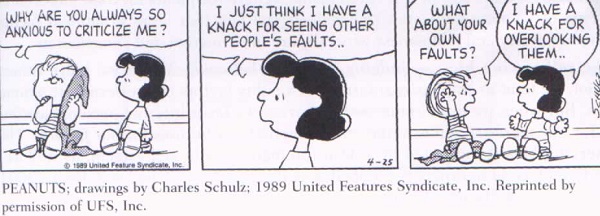
You knew the answers to both questions immediately. When others wrong you or mess up, you assume the worst. You assume they have a fundamental character flaw that caused them to do what they did.
But when you mess up?
Just the opposite. It was due to environmental conditions out of your control or to a conscious choice to better mankind with an alternative choice.
In his book, The Advantage, Patrick Lencioni writes about this phenomenon known as the fundamental attribution error. The concept is based on research done by Edward Jones and Victor Harris in 1967 and concludes (I believe undisputedly) that human beings blame others’ mistakes on personal character/behavioral flaws while we blame our own mistakes on purely environmental conditions.
When someone else messes up, we say:
Why is he so lazy?
Maybe if she paid attention…
If he didn’t watch so much TV…
She was so disrespectful.
When I mess up:
I was stuck in traffic.
I couldn’t help it.
I’ve been sick.
I was late because I put family first (how noble).
It applies in all aspects of life
When your spouse forgets to run an important errand.
When a co-worker is late to a breakfast meeting.
When your child is out too late.
When your friend let’s confidential information slip to someone else.
Initial reaction
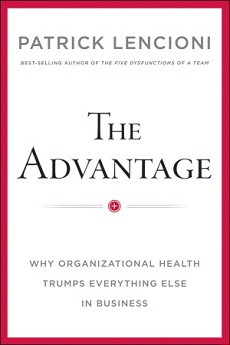
Read this book. It will rock your world.
Our initial reaction is usually one of assigning character or behavioral flaws to the person.
He is not a good time manager. I don’t understand why he just doesn’t do the important stuff first.
She needs to wake up earlier. She was probably up all night watching TV.
He is so disrespectful. He’ll always be that way.
I can’t tell her anything. She clearly doesn’t value confidentiality or our friendship.
Reality
The reality is often vastly different from our initial assumptions.
Your spouse’s best friend called depressed and they talked for two hours.
Your co-worker was a witness to a horrible accident and was helping the victims.
Your child was spending time with a friend who needed spiritual counsel.
Your friend was exhausted from a long week in the hospital with her sister when she let confidential information slip.
What we expect
When we find ourselves in situations like those mentioned above, we expect others to give us grace. We expect:
Sympathy
Understanding
Support
Forgiveness
And those are exactly the things we should give to others.
The answer to the fundamental attribution error truly does lie in the Golden Rule:
Treat others, especially when they hurt you or let you down, like you would want to be treated.
Choose to believe the best in them at first. Choose to seek out the real reasons without assigning flaws to them. Choose to extend grace.
Have you ever found yourself on either side of the fundamental attribution error? If so, what were the consequences?
Questions?
Text me anytime at (260) 217-4619.
Or…check out some of my free reports to help you get on the right track:
 |
 |
 |
 |
 |
 |
 |
 |
 |



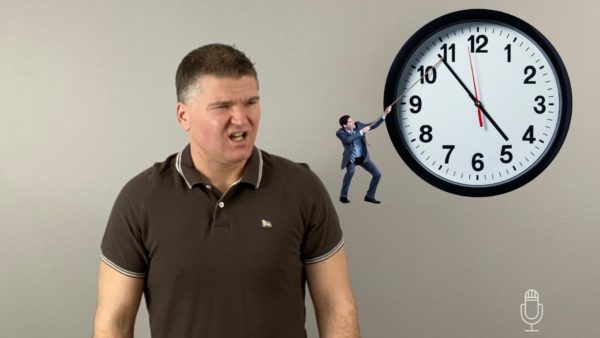
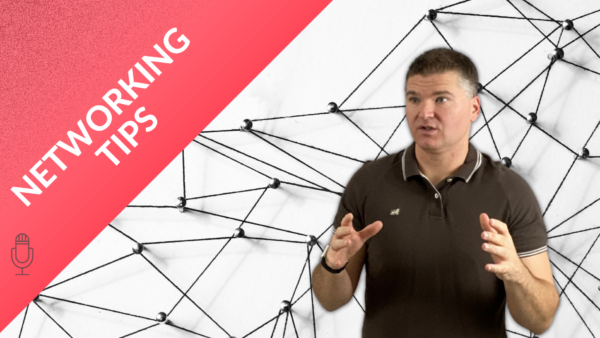
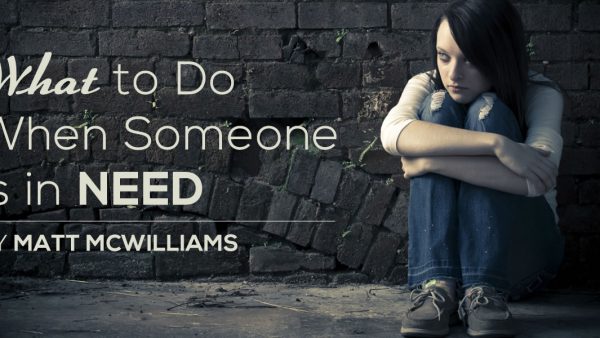

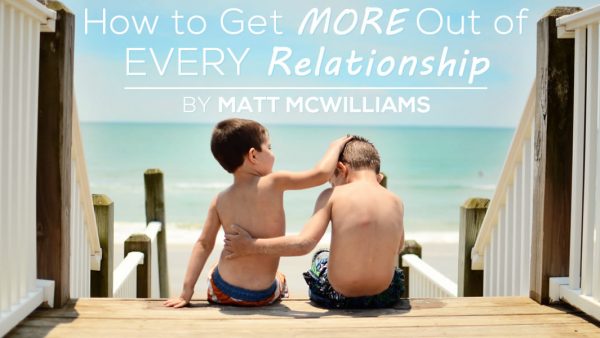
Hey Matt, I have been looking at this book for a while. I must be time to put it on the stack to read!
It is true how we so easily expect more from others than we expect from ourselves. It is so easy to expect understanding from other, than it is to give it.
Paul, I recommend every one of his books.
Depending upon where you are in life and your career, I might start with different ones, but my advice would be to pick one (the Advantage would be a good one since it’s universally applicable, as opposed to the Five Temptations of a CEO), read it, and apply it. Then, after months of applying, start on another one.
Very true I remember the first time I heard this it rocked my world and brought tears to my eyes. We are all born to be so selfish sinners. It is so good to be conscious of that fact and separating what we truly know form emotion. Thanks for the reminder.
We went to a different church yesterday than our home church and the pastor had all couples turn to each other and say “sinner.” That was fun 🙂
Haha I’m imagining this in a Jim Carey voice.
Try Church Lady from SNL
Or Chris Farley.
This ties into a book I recently read about turning from judgement of others and resorting instead to loving others, seeing them as the people of immeasurable worth that God sees them as. If we recognize that we’re neither called nor equipped to judge another person’s actions or circumstances, we’re free to just do what God has really called us to do and that’s show them his love.
Here’s the book, by the way:
Repenting of Religion – Turning From Judgment to the Love of God: http://www.amazon.com/Repenting-Religion-Turning-Judgment-Love/dp/0801065062/ref=sr_1_1?ie=UTF8&qid=1379351799&sr=8-1&keywords=repenting+of+religion
Woah. I saw that at your house when we were down there. Need to check it out.
Too often it’s when dealing with my wife ad kids that I will fall into this trap. Seems backwards I know, but true! Great post
Oh this is a classic interpersonal communication theory that we cover in my classes. It’s funny, but we all tend to do this, even when we know about the theory. The key is to try to always use an internal locus of control.
I smell a guest post 🙂
I’ll be in touch soon.
One of the best measurements of maturity is the ability to put oneself in the other guy’s shoes. Takes practice!
great post